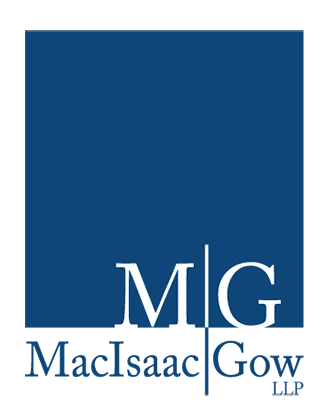Pet ownership brings endless joy to the countless Canadians who own furry companions in their homes. Having said that, it is imperative for all dog owners to take cognizance of the legalities associated with dog ownership. The Dog Owner Liability Act is a pivotal legal component that demonstrates the regulations and liabilities of dog owners in Canada.
Let us unravel the particulars of the Dog Owner Liability Act, clarifying its interpretation and ramifications for dog owners across Canada.
A Comprehensive Overview of the Dog Owner Liability Act
In order to create regulations for dog ownership responsibilities, the Dog Owner Liability Act was enacted into law in several Canadian provinces. The primary goal is to safeguard public safety while also promoting dog welfare. The fundamental ideas are the same across provinces, even though specifics might differ.
Core Principles of Ontario’s Dog Owner Liability Act
The Dog Owner Liability Act primarily addresses situations involving dog attacks or bites. All dog owners have a legal obligation to take the necessary precautions to keep their animals from hurting other people. This necessitates the use of efficient techniques for physical containment, training, and socialization in order to safeguard both humans and other animals.
- Strict Responsibility — The Dog Owner Liability Act primarily upholds the principle of strict liability, holding dog owners accountable for their pets’ conduct, placing responsibility squarely on the owner. Dog owners are solely liable for covering any and all damages that arise from their pet hurting someone or another animal.
Dog owners must understand that under this legislation, defences based on ignorance or claiming ignorance of a pet’s aggressive tendencies are typically not accepted. A crucial component of responsible dog ownership is being conscious of your dog’s behaviour and taking appropriate action. - Appropriate Supervision and Restraint — Dog owners are usually required to keep their pets under control at all times under the Dog Owner Liability Act. This involves using muzzles and leashes in certain situations, particularly for high-risk breeds. If the owner’s dog injures someone else, they may face legal repercussions for not following these rules.
- Accident Reports — The Dog Owner Liability Act prescribes every incident of canine aggression to be reported to the relevant authorities. This is an essential step in ensuring that incidents are noted and investigated and appropriate action is taken to prevent a recurrence. Failure to report such incidents may lead to severe legal repercussions.
- Accountability and Penalties — The Dog Owner Liability Act gives people the right to sue you if your dog hurts someone or causes property damage. This can include monetary reimbursement for losses resulting from your dog’s actions, such as medical costs and property damage. Recognizing the possible financial repercussions highlights how crucial it is to train and socialize your pet to avoid aggressive behaviour.
- Breed-Specific Regulations — Breed-specific laws have been passed by certain Canadian provinces under the Dog Owner Liability Act. These laws may target certain breeds deemed to be more dangerous and impose additional restrictions or requirements on their owners. Dog owners must be aware of and follow any breed-specific laws in their province in order to avoid legal repercussions.
Proactive Steps for Dog Owners
- Training and Social Interaction — Devoting sufficient time and energy to your dog’s training and socialization is an effective way to curb their aggressive tendencies. Enrolling your dog in obedience training, exposing them to various situations and environments, and ensuring their good behaviour around humans and other animals are all strongly encouraged.
- Diligent Supervision — In public areas and around strangers, including people and animals, it is essential to make sure your dog is always under your supervision. For dogs who may have a history of aggressive behaviour, this is especially crucial. In a variety of circumstances, using a leash and other suitable restraints can also aid in maintaining control.
- Ensuring Secure Enclosures – Regularly checking and maintaining fenced yards is crucial to prevent your dog from escaping and potentially causing harm to others. This practice is not only mandated by law in numerous regions but also demonstrates responsible ownership, prioritizing the safety of both your pet and individuals in the vicinity.
Public Education: Encouraging Responsible Dog Ownership
In addition to its legal significance, the Dog Owner Liability Act is essential for encouraging a responsible dog ownership culture. To guarantee that the Act’s requirements are widely understood and the significance of proper containment, socialization, and training is understood, education campaigns targeting both present and potential dog owners are imperative.
Conclusion
As stated in the Dog Owner Liability Act, owning a dog in Canada entails certain legal obligations. Being mindful of and effectively adhering to such legal regulations enables dog owners to promote a healthy environment for their pets and helps ensure community safety. By providing their four-legged friends with adequate training, responsible monitoring, and compliance with local laws, Canadians can reduce the risks involved in dog ownership while continuing to appreciate the companionship of their pets.
If you’ve experienced physical or emotional distress due to a dog bite, the lawyers at MacIsaac Gow LLP will diligently navigate the legal process on your behalf. We’re committed to advocating for your rights and obtaining fair compensation for the pain, suffering, and expenses incurred as a result of the incident.

